Main Second Level Navigation
Class of 2T3: Why Are You Passionate About Medicine?
As a new school year approaches, incoming students from the Class of 2T3 share what inspired them to pursue medicine and how they hope to weave their passions for advocacy into their careers as physicians.
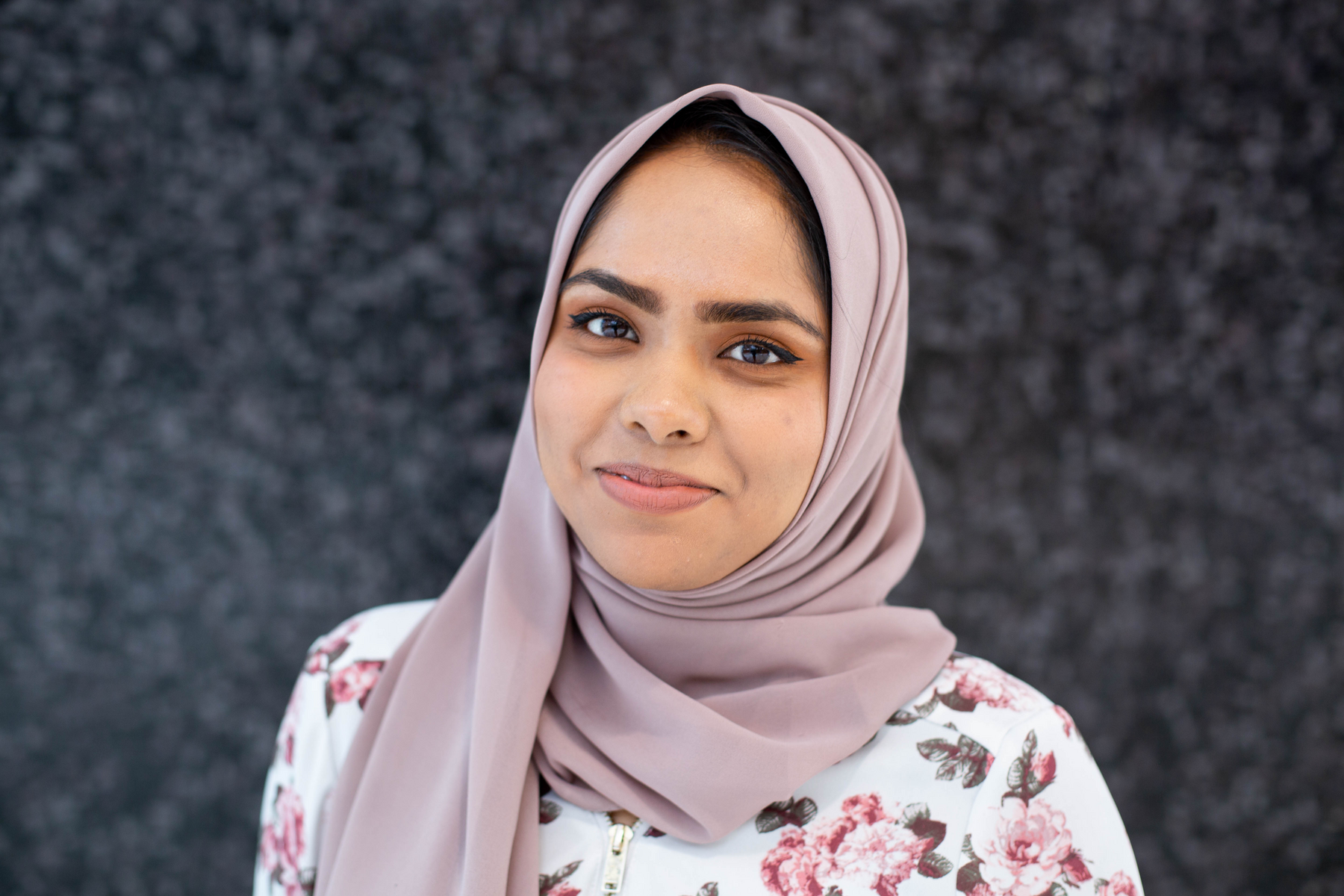
Hifza Buhari
When I was 12 years old, I witnessed firsthand the destruction of the 2004 Indian Ocean Tsunami while living in Sri Lanka, to which I almost lost my life. I remember seeing a physician jump into action, using his profession and skill to help those who were injured and in life-threatening situations. His medical knowledge, altruism and compassion was the initial spark for me to pursue medicine. Over the years, I spent many hours volunteering and working in hospitals. Whether it was simply labeling blood collection tubes to help understand how we can prevent Type I Diabetes or working alongside surgeons and fellows to learn how we can reduce rejection after transplantation — I found that I was happy being involved in improving health care. Therefore I knew Medicine was the right career for me.
I am so excited to spend the next four years discovering different areas of medicine and figuring out what I’m most passionate about. But I know whatever I end up doing, it will be fueled by my interests in advocacy, health policy and social justice. There are many causes I deeply care about. Volunteering in Sri Lanka during the dengue epidemic made me interested in disease prevention. In Canada, as part of Toronto General Hospital's Multi-Organ Transplant Student Research Training Program, I handed out care packages to vulnerable homeless populations out in the cold. These experiences helped me realize the importance of the social determinants of health. As a physician, I look forward to having a larger platform to implement social change and influence national policies.
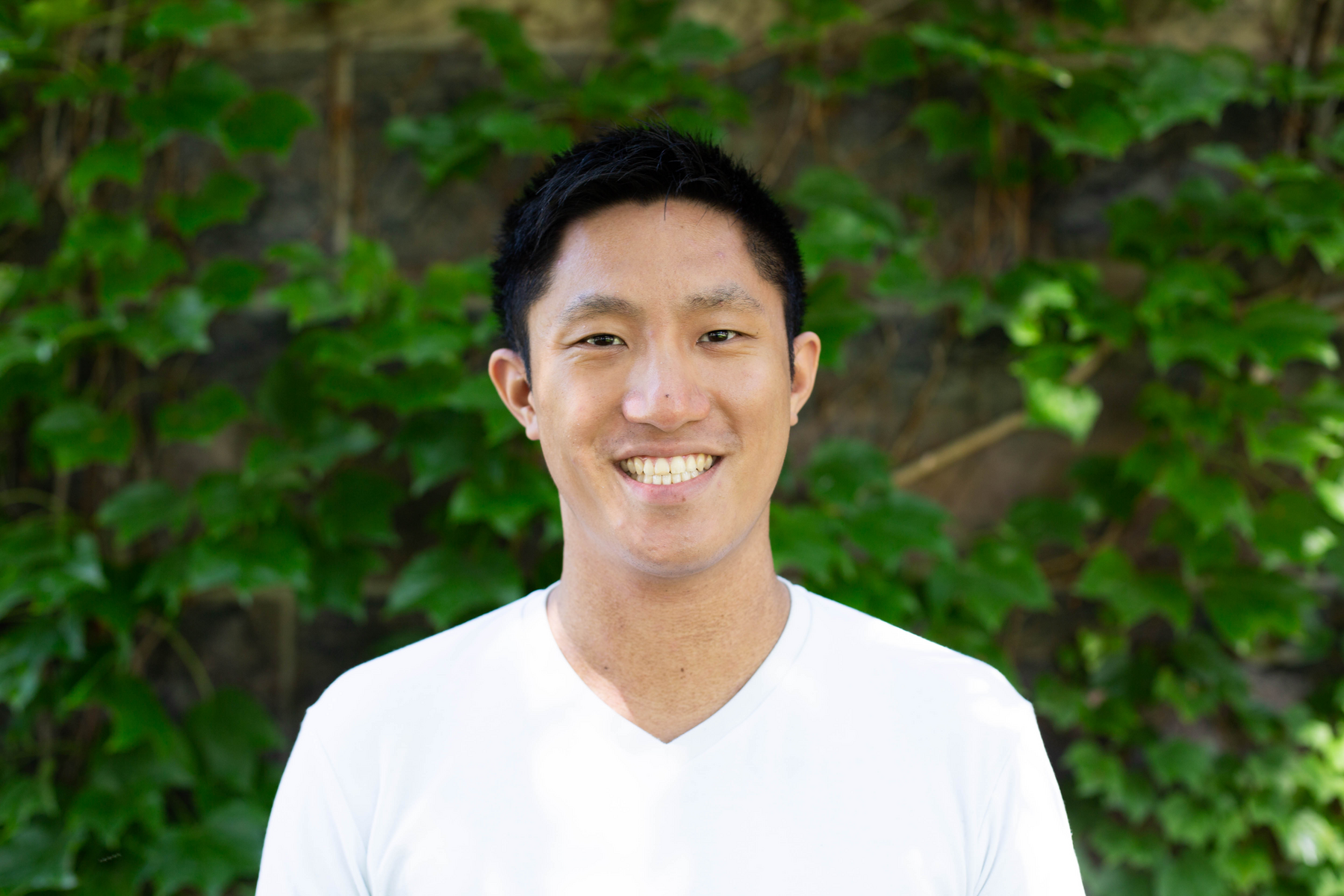
Edwin Wong
I’ve always had a fascination with the brain and how it works, and this made me very interested in mental health – both as a research area and an area of clinical practice. Going into medicine will give me exposure to different clinical populations and will provide me the opportunity to explore other areas or specialties that I may find equally compelling.
I’m extremely interested in scientific advocacy and education. I firmly believe that quality education is necessary to facilitate scientific fluency and awareness, regardless of age or academic background. I find it particularly important now with so much misinformation about medicine and science. By being exposed to science literacy early on, people will be able to build a stronger foundation of knowledge and to ask valuable questions about their health. Most importantly, they’ll be able to differentiate myths from evidence-based facts. And I want to be part of making that happen.
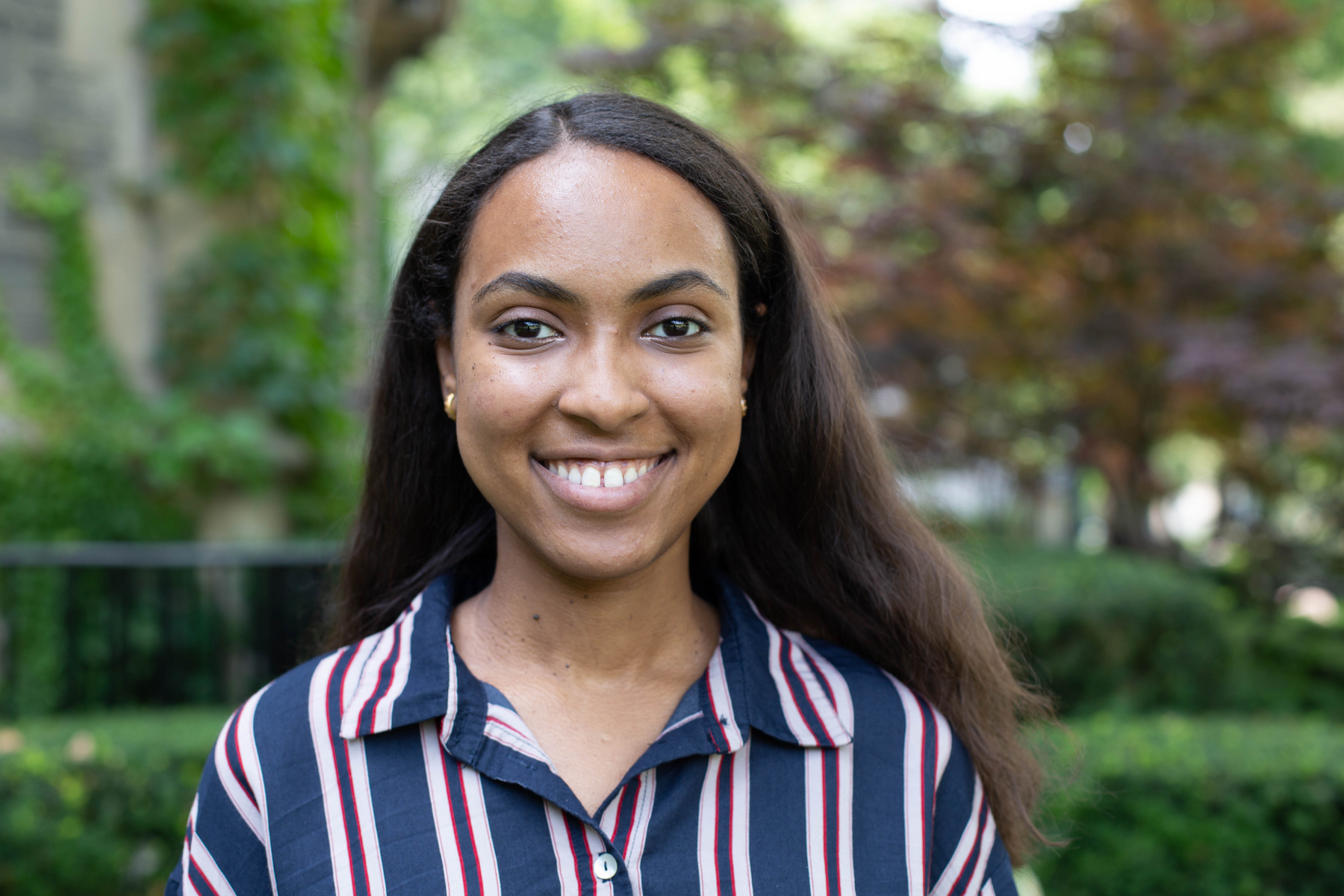
Lina Elfaki
I became interested in medicine in 8th grade when I first learned about renal dialysis. From there, the journey was full of doubt and questioning my capabilities. I explored the medical field as a trainee at a teaching hospital in my hometown in Sudan during my undergraduate degree. When training in a hospital run under years of U.S. sanctions and political unrest where skilled health care providers were scarce, you end up filling whatever roles are needed. For me, that mostly involved emergency cases. I will never forget the dread I felt when we couldn’t help a 15-year-old boy who was electrocuted because our defibrillator was rusted and broken. I held his grief-stricken mom who went into a panic and fainted. I then went home in utter disbelief that this was their family’s reality.
During my second year of undergrad studies at UofT, I recognized the lack of Black physicians and the health disparities Black individuals experience in Canada. I became determined to get involved in the direct medical treatment and advocacy for vulnerable populations, especially Black Canadians.
As the eldest of 4 girls, mentorship has become second nature to me, so I initially started advocating for minority youth who are underrepresented in STEM fields. During my Master’s degree, I started an initiative called Step into STEM to promote access to STEM careers. I am passionate about elevating health care standards for these populations. In Toronto and Sudan, I witnessed how structural violence impedes the health care standards of marginalized communities. Thus, as a future physician, I hope to have an impact on my patients and their communities in multiple ways — from direct medical care to promoting their educational aspirations. I am excited to work with colleagues at the Faculty of Medicine and community partners to unravel the various ways we can promote equitable and accessible healthcare.
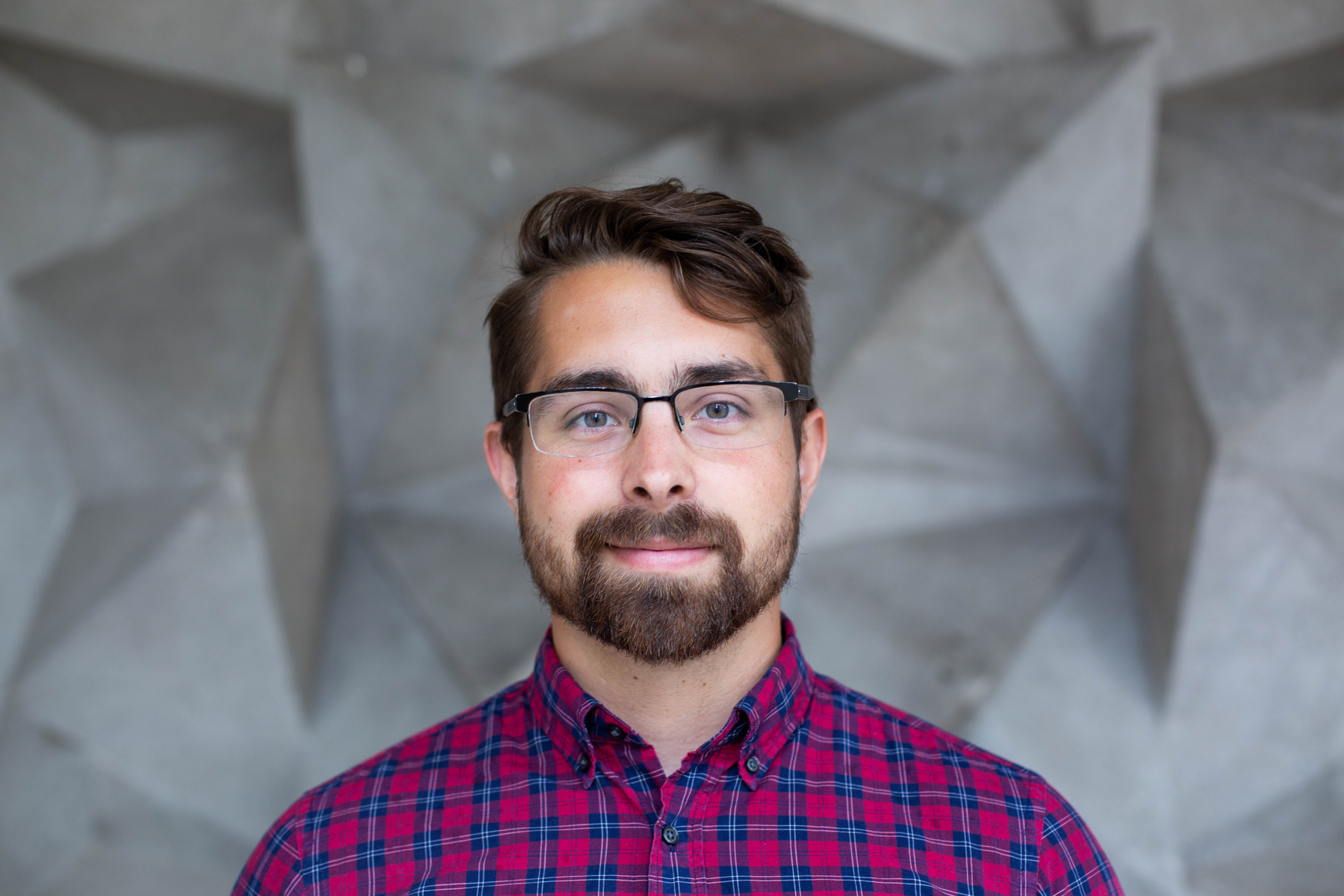
Kenneth Williams
The human body and how diseases or injuries can be treated has always deeply interested me due to my experiences of diseases and death in my family and my own personal sport-related injuries. However, I wouldn't say that I always knew I wanted to be a physician, rather this realization was the result of me exploring different passions. My interest in learning about the human body lead me to pursue a degree in biochemistry. A defining experience for me was working with and shadowing a cardiac surgeon at the Maritime Heart Center in Halifax. I was able to see firsthand how our medical system works and how physicians are in an amazing position to help patients through important and sometimes traumatic parts of their lives while leading and working with a collaborative environment that promotes self-improvement. Being able to help others, work in a leadership position in a collaborative environment and being empowered to constantly improve oneself had me hooked on pursuing medicine as a career.
I want to continue to pursue my passions of improving myself through sport and academics as well as serving underrepresented and underprivileged communities, be it in a rural or urban setting. I am a strong believer that you will not be able to make an informed decision about what you want to do with your life if you do not go out there and try out different paths, so I am very excited to explore the different branches of medicine that are now open to me, from neurosurgery to family medicine.
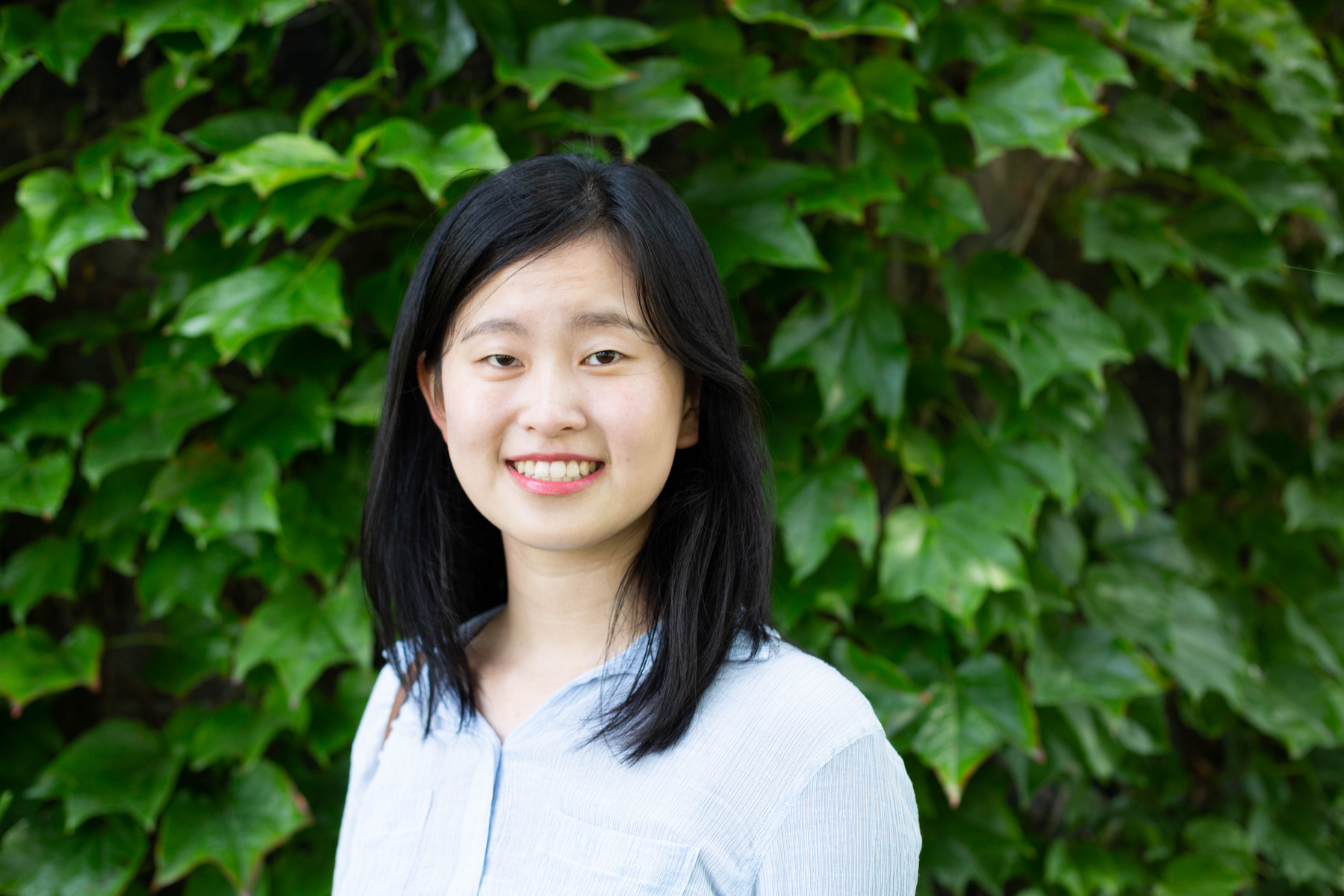
Andrea Liu
At a very young age, I became a caregiver for my grandfather who was battling liver cirrhosis and liver cancer. I accompanied him to many of his visits to the doctor. With each visit, I was able to witness my grandfather's physicians work hard to help him with his battle, helping to extend his life and increase his quality of life. I was deeply inspired by their ability to help my grandfather and the impact they had on his life and my family, and wanted to be able to replicate this experience for others. Because of this, I became interested in medicine very early on and was fascinated with learning about how the human body works and what goes wrong during disease. I also took every opportunity I could to try to understand my grandfather's illness in the hopes that I could one day help other people going through similar experiences.
I am really into advocating for better accessibility to healthcare, preventative health and empowering the public with accurate and reliable medical information. I experienced firsthand how important health awareness and time access to healthcare are. My grandfather’s liver disease could likely have been prevented if he had the opportunity to receive better health education and access to much-needed care. This not only inspired me to pursue a medical career, but also to join the Canadian Liver Foundation as a volunteer. I want to make a difference for people by offering them the help and information they need, when they need it.
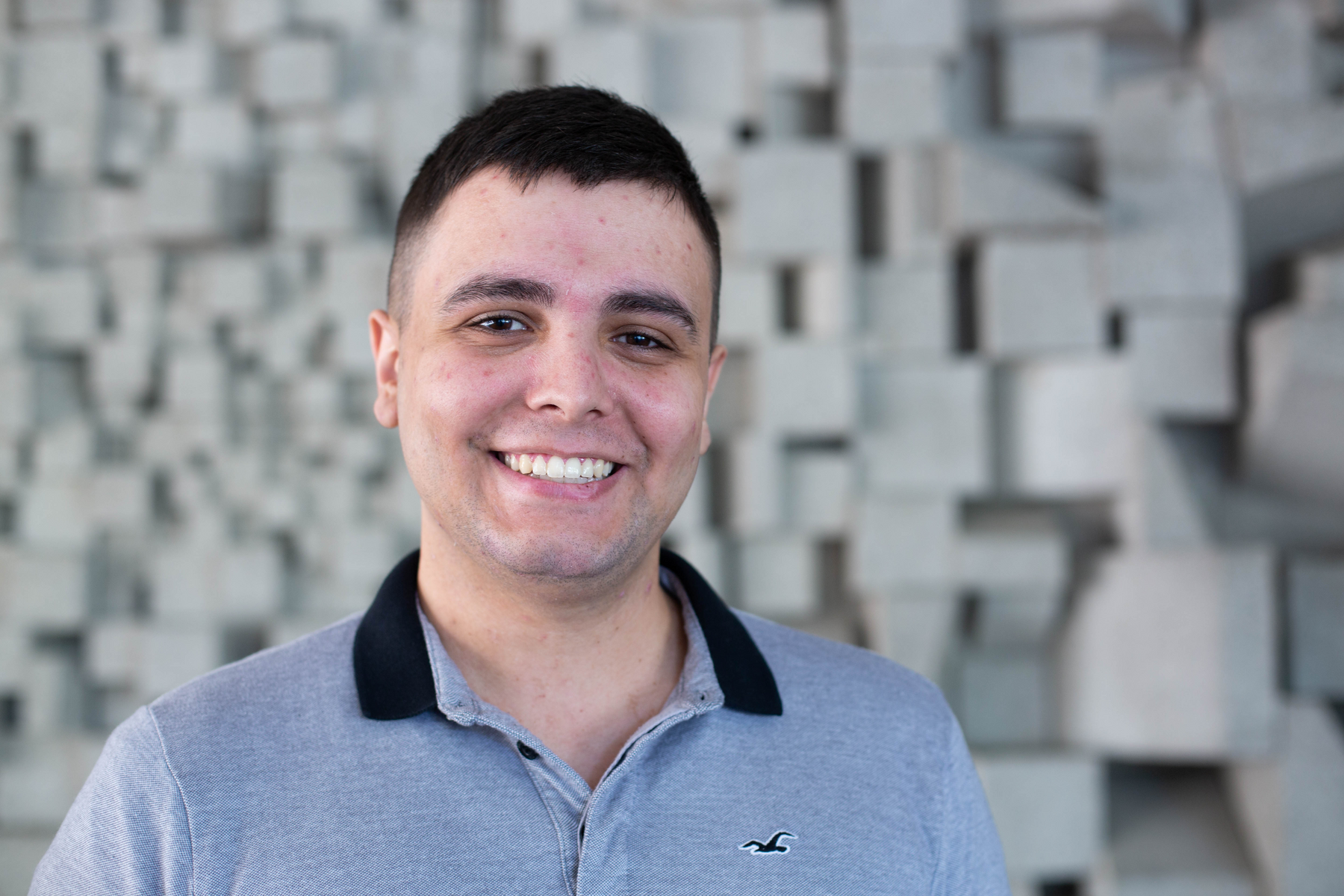
Justin Brunet
As a child, I enjoyed learning about the human body so I always knew I wanted a career in health care. I continued this lifelong learning into my undergraduate and graduate studies where I also participated in many projects that promoted education equity and health education for youth in underprivileged communities. I was fortunate to work on a graduate project in clinical medicine that opened my eyes to the "bench to bedside approach.” I realized that I could mesh my values and education goals into one career: a physician.
One of my most valued experiences was tutoring youth in underprivileged communities. I interacted with many types of students coming from a wide range of cultural and socioeconomic backgrounds. Most importantly, I noticed health inequities in these students. As a medical student, I hope to help bridge these gaps. I would like to work with youth in the GTA to improve their understanding of and access to quality health care.
